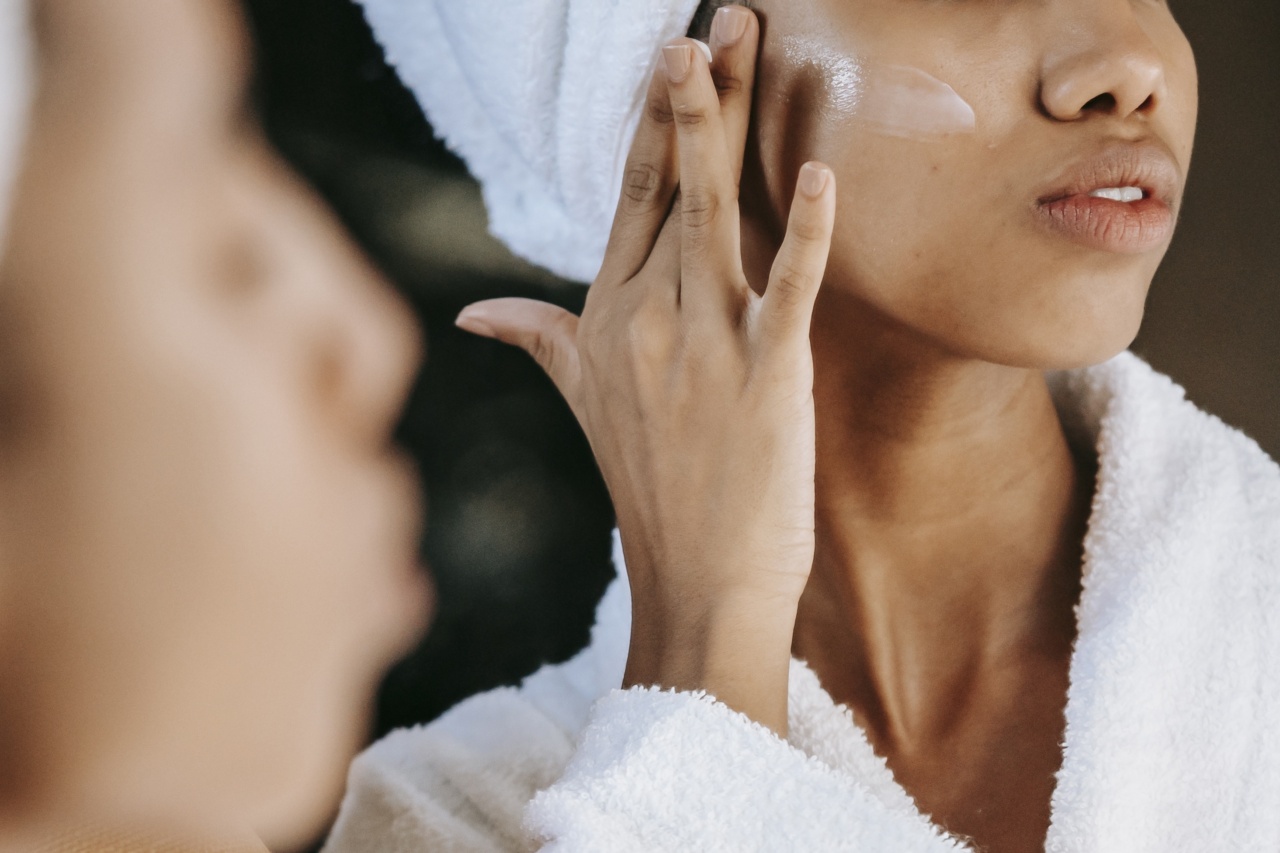Having sensitive skin can be a real challenge. It requires a gentle touch, the right products, and a solid skincare routine to keep your skin calm and healthy.
If you’re dealing with sensitive skin, fret not, as we have compiled a list of effective solutions to help you find the relief you seek. Read on to discover the best practices, remedies, and products to soothe and nourish your delicate skin.
1. Identify Your Triggers
One of the first steps in managing sensitive skin is to identify its triggers. Common triggers can include harsh chemicals, fragrances, certain fabrics, extreme weather conditions, and even stress.
By keeping track of what aggravates your skin, you can make more informed choices when it comes to your skincare routine and lifestyle.
2. Opt for Gentle Cleansers
When choosing a cleanser, opt for products specifically formulated for sensitive skin. Look for gentle cleansers that do not contain harsh ingredients like sulfates, alcohol, or fragrance.
Instead, go for mild, fragrance-free cleansers that will cleanse your skin without stripping away its natural moisture.
3. Moisturize, Moisturize, Moisturize!
Moisturizing is crucial in maintaining healthy skin, especially if you have sensitive skin. Look for moisturizers that are fragrance-free and non-comedogenic to prevent any potential irritation.
Additionally, choose moisturizers that contain ingredients like hyaluronic acid, ceramides, or aloe vera, known for their soothing and hydrating properties.
4. Patch Test New Products
Whenever introducing new skincare products into your routine, it’s important to perform a patch test. Apply a small amount of the product to a small area of your skin and wait for 24 to 48 hours.
If there is no negative reaction, you can safely incorporate the product into your routine.
5. Sun Protection is a Must
Protecting your skin from the sun’s harmful rays is essential for everyone, but even more so for sensitive skin. Opt for broad-spectrum sunscreens with at least SPF 30.
Physical sunscreens containing zinc oxide or titanium dioxide are generally better tolerated by sensitive skin compared to chemical sunscreens.
6. Avoid Over-Exfoliating
Exfoliating can be beneficial for the skin by sloughing off dead skin cells and promoting cell turnover. However, for sensitive skin, it’s important to avoid over-exfoliating, as it can cause irritation and redness.
Limit exfoliation to once or twice a week, and opt for gentle exfoliators like a soft washcloth or a mild chemical exfoliant.
7. Soothe with Natural Remedies
Natural remedies can offer relief and nourishment to sensitive skin. Two popular choices include aloe vera and oatmeal. Aloe vera gel can be applied topically to soothe irritated skin, while oatmeal baths can provide relief for itching and inflammation.
Just ensure that your skin isn’t allergic to these ingredients before use.
8. Be Mindful of the Fabrics You Wear
The fabrics you wear can play a role in triggering sensitivity reactions on your skin. Stick to natural, breathable fabrics like cotton and linen, as synthetic fabrics can sometimes cause irritation.
Also, ensure your clothes are washed with mild detergents that are free from harsh chemicals.
9. Avoid Hot Water
Hot water can strip away the natural oils in your skin, leaving it dry and more prone to irritation. Opt for lukewarm water instead when washing your face, and keep your showers and baths at a moderate temperature.
10. Seek Professional Advice
If your sensitive skin persists or worsens despite your best efforts, it may be time to seek professional advice.
A dermatologist can assess your skin, identify any underlying conditions, and provide personalized recommendations and treatments tailored to your needs.































